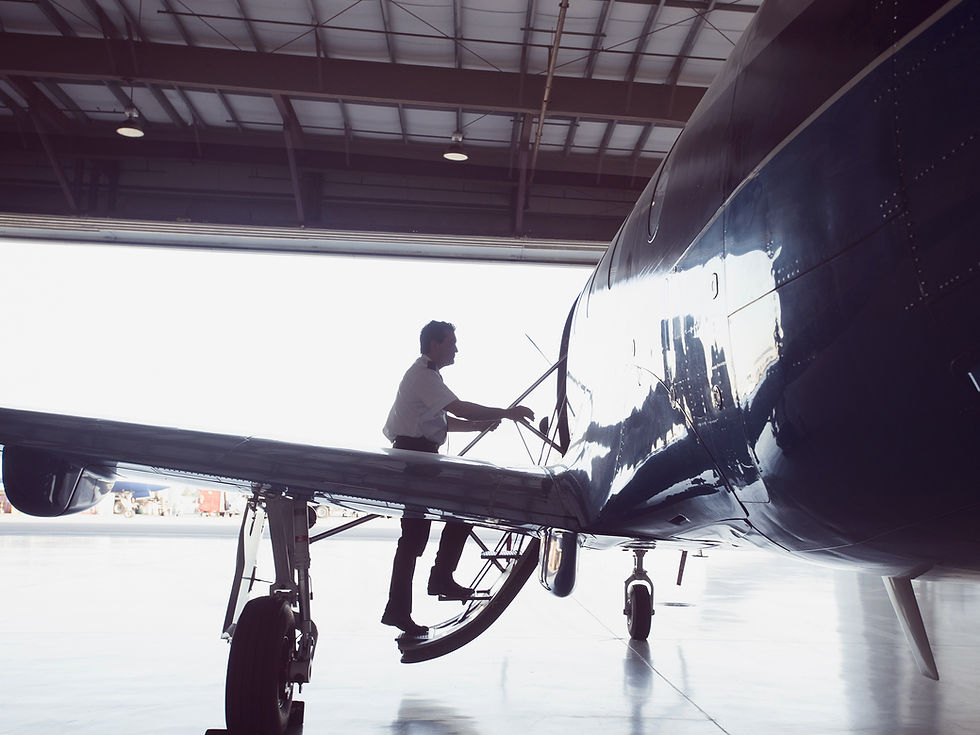Aeronautical Engineering (Since 2006)
Course Duration : 4 Years [ Intake: 30]




Programme Overview
Aeronautical Engineering is a branch of engineering that deals with the design, development, testing, and maintenance of aircraft and spacecraft. It involves the study of aerodynamics, propulsion, materials science, control systems, and avionics. The Department of Aeronautical Engineering was established in 2006, and since then, it has grown to become one of the most important engineering branches.
Aeronautical engineering courses typically cover a range of topics, including aerodynamics, aircraft structures, propulsion systems, control systems, and avionics. In addition, students learn about materials science, manufacturing processes, and aircraft design.
Some of the specialized areas in aeronautical engineering are:
-
Aerodynamics: This field involves the study of the behavior of air around aircraft, including the lift and drag forces that affect the aircraft's performance. It includes the design of airfoils, wings, and other aircraft components.
-
Aircraft Structures: This field involves the design and development of aircraft structures, including fuselage, wings, and landing gear. It includes the study of materials science and manufacturing processes to ensure the safety and reliability of aircraft structures.
-
Propulsion Systems: This field involves the design and development of aircraft engines and propulsion systems, including gas turbine engines, turbofans, and rocket engines.
-
Control Systems: This field involves the design and development of control systems that ensure the stability and safety of aircraft during flight. It includes the design of flight control systems, autopilots, and guidance systems.
-
Avionics: This field involves the design and development of electronic systems used in aircraft, including navigation systems, communication systems, and flight control systems.
Career opportunities in Aeronautical Engineering include:
-
Aerospace Engineer: Aerospace engineers design and develop aircraft, spacecraft, and missile systems.
-
Aircraft Maintenance Engineer: Aircraft maintenance engineers are responsible for the maintenance and repair of aircraft, ensuring that they are safe and reliable.
-
Avionics Engineer: Avionics engineers design and develop electronic systems used in aircraft, including navigation systems, communication systems, and flight control systems.
-
Propulsion Engineer: Propulsion engineers design and develop aircraft engines and propulsion systems, including gas turbine engines, turbofans, and rocket engines.
-
Flight Test Engineer: Flight test engineers are responsible for testing aircraft to ensure that they meet design requirements and are safe to operate.
In summary, Aeronautical Engineering is a specialized field that plays a critical role in the development of modern aircraft and spacecraft. With the increasing demand for faster, more efficient, and more reliable aircraft and spacecraft, aeronautical engineers are expected to play a vital role in shaping the future of aerospace technology.
